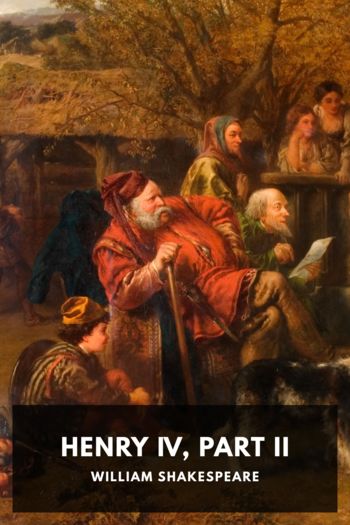Hot Stew by Fiona Mozley (feel good books .TXT) 📗

- Author: Fiona Mozley
Book online «Hot Stew by Fiona Mozley (feel good books .TXT) 📗». Author Fiona Mozley
Most of the morning newspapers led with the story. Agatha was given a small amount of forewarning. A couple of investigative journalists asked her to comment, which she declined to do. She tried to phone Michael Warbeck, who has resigned his position in the police and publicly announced his candidacy for mayor. She was told he was unavailable. She tried a second time and was met with the same response. She was too proud to make a third attempt. Her relationship with Warbeck had been strained since the fiasco at the brothel, for which he unfairly blamed her. She, in turn, quite rightly blames him for his poor handling of the raid. The whole escapade was badly planned from the beginning, in her view. And now, because of these headlines, he is refusing to speak to her at all, despite the generous donations she has made to his campaign fund, both in cash and in kind.
Agatha suspects Roster thinks she is overreacting. She tells him so when he climbs into the driver’s seat.
“I have no such thoughts. It’s not my business to have thoughts of that kind.”
“I know it’s not your business but I also happen to know you have them anyway.”
“I do not. I drive you where you need to go, and I don’t do anything more than that. If you want to go to the docks, I’ll take you to the docks.”
He would also come with her on the yacht, she knew. He had his own cabin, between the skipper’s and the rest of the crew, and he had personal items on board at all times, just as she did.
She will give evidence at the public inquiry into the collapse of the building, as has been requested of her. And then she will get out. She will not only leave this decrepit, stewing city, she will leave the country.
Since the collapse, the press has taken an interest in all aspects of her life and business, in a way that is utterly invasive. She is not a public figure, has never sought to be one, and does not deserve the treatment she has received. Reporters have looked into her holdings and her finances; anything they’ve been able to get their hands on, legitimately or illegitimately, and they have printed stories about her wealth, about her father, about the properties she owns. Anyone with half a brain should realize the incident was an act of god; a sinkhole is an aberration, an uncontrollable geological phenomenon. It can’t be her job, as a landlord, to monitor subterranean rumblings. And if anyone could be blamed, it is surely the police, who ran into a seventeenth-century building with battering rams, full body armor and steel-capped boots, with no thought for the integrity of the place. Yet, because a number of those men were killed, nobody feels able to put any of the blame on them, so Agatha has become the villain. Her name has somehow become synonymous with all that is wrong with the city. She has received rape threats from perfect strangers.
Now, the press has unearthed information about illegal immigrants in one of her clubs, and many of the morning papers have led with the story, even though, by rights, the discovery of squatters should be a non-event.
“How the bloody hell was I supposed to know? Am I expected to monitor everything that goes on in those buildings? It’s a witch hunt.”
Roster agrees that it is extremely unfair.
Those people had nothing to do with her. All those clubs operated independently. One of the managers had obviously tried to save a bit of money and get in some workers without proper papers.
“Do you think Tobias knew?”
“I have no idea, but that man has always acted in his own interests. If he did know, and he thought there was something he could get out of the telling, then he would have done it.”
“It would explain why he’s ditched us, the ungrateful piece of shit. He probably wanted to save his own neck. I wouldn’t be surprised to discover he’s in it with Warbeck.”
The traffic is heavy. It is the time of day when the backstreets are lined with delivery vans, parked with two wheels up on the pavement. People in overalls carry boxes into restaurants. They run across the road with their hands full and pop out from behind vans.
“They think they can run out into the street without looking and expect other people to fall over themselves to accommodate them,” Agatha says to Roster. “One of these days, someone is going to plow right into them. It’s the road, for god’s sake. Roads are for cars.”
Roster honks his horn, then honks it again, then holds his hand down on the center of the steering wheel, and the horn rings out in a long, sonorous semibreve.
Her sisters have threatened to turn up to the inquiry today and accost her in person. It’s the last thing she needs, especially if the press is there to see it. One of them—Chelsea—gave information about her to a magazine, and Agatha imagines they would all relish the opportunity to stand outside the inquiry making incendiary remarks about her to the cameras and waiting journalists. She pictures them: three sirens, waiting for her as she draws up in her car. She wonders if she will recognize them, whether they will look like her, or like Valerie, or like the painting of the father that still hangs outside her bedroom. When she was a child she thought of her sisters as very ugly—her mother told her they’d had cosmetic surgery back when the procedures were crude. Anastasia described them as “vacuumed-packed gargoyles.”





Comments (0)